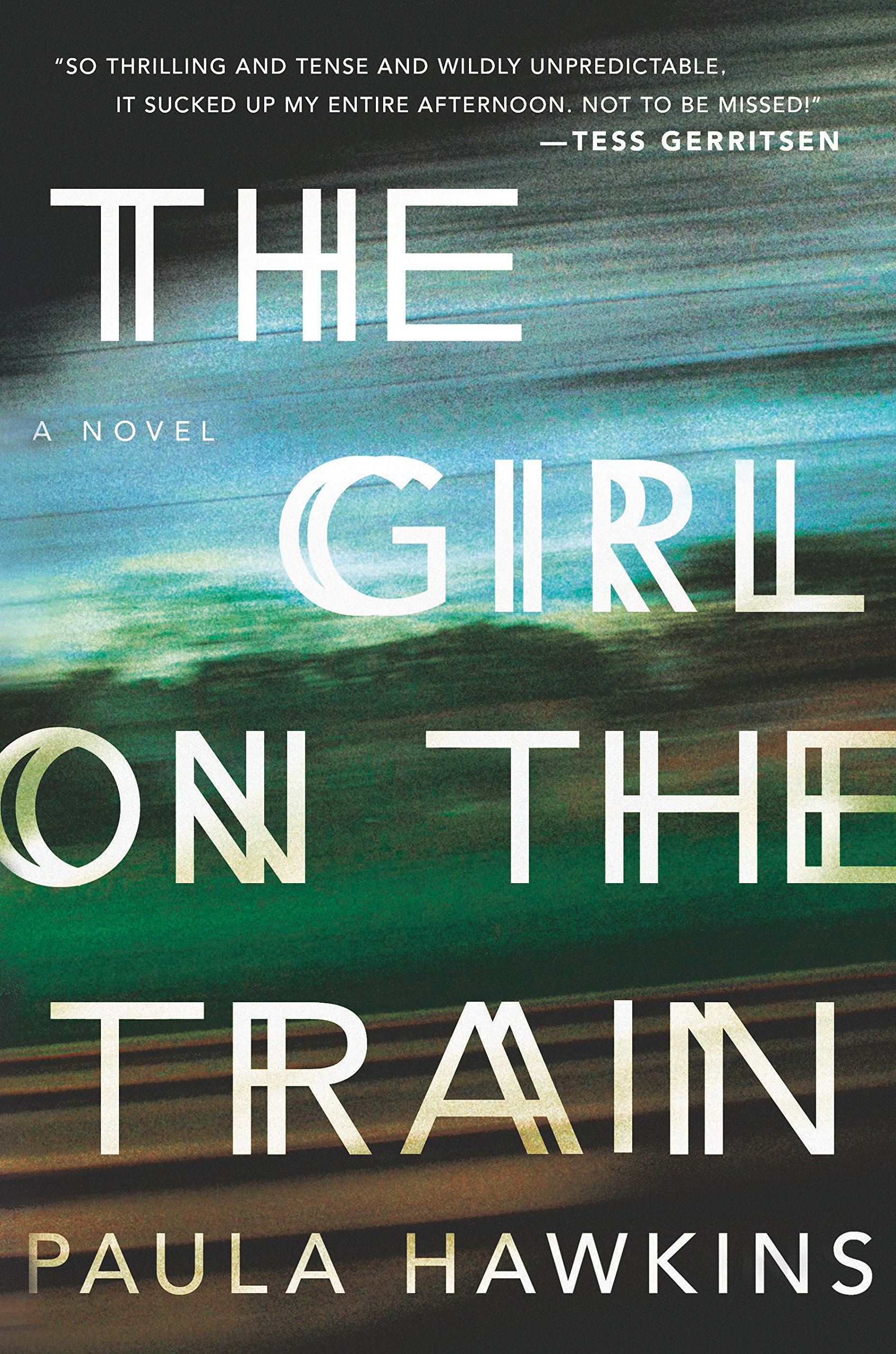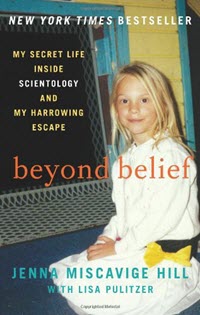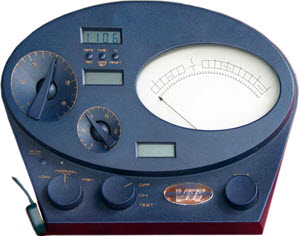 “Women are still only really valued for two things—their looks and their role as mothers. I’m not beautiful, and I can’t have kids, so what does that make me? Worthless.”
I’ve always wondered if I’m the only woman who has ever felt this way. At least now I know Paula Hawkins, author of The Girl on the Train, has at the very least considered it.
“Women are still only really valued for two things—their looks and their role as mothers. I’m not beautiful, and I can’t have kids, so what does that make me? Worthless.”
I’ve always wondered if I’m the only woman who has ever felt this way. At least now I know Paula Hawkins, author of The Girl on the Train, has at the very least considered it.
When I was both single and without a particularly impressive career, not one person ever came to me with a twinkle in their eye to ask me, “What types of career successes are you chasing?” However, at least on a weekly basis, I got, “Have you been dating?” “Tick tock! You should try a dating site!” “Don’t you want to have kids some day? If you want to have kids, you really shouldn’t put your career first…”
In The Girl on the Train we become acquainted with two women, Megan and Rachel. At first, they seem to be as opposite as opposite could be—Megan is beautiful and slender; Rachel is fat and slovenly. Megan is sharp and successful; Rachel takes the train into London each day to pretend she wasn’t fired months prior. Megan has a gorgeous home and a handsome husband. Rachel, in contrast, says “It’s been a while since anyone touched me with anything approaching tenderness.” Megan is actually strikingly similar in my mind’s eye to Amy from Gone Girl. I’m not sure which of the two is more of a train wreck (pardon the pun!)—Megan or Rachel.
As we get to know the two women, we learn that they are actually quite similar. Both feel the weight of the pressure to be perfect, and yet deal with it in different ways. Rachel’s pain is all on the surface—she turns to alcohol and stops taking care of herself. Megan, on the other hand, hides her pain away, causing it to build and build in pressure until she has an affair and is ultimately murdered by a lover.
I really believe that as women, we’re saddled with much more pressure than men.
There’s the pressure to look perfect and pin-thin all the time. There’s a pressure to be “together,” with everything organized and planned perfectly. There’s pressure to have a personal trainer so you can talk about while showing off your toned calves, eat elegant meals so you can Instagram the photos, and travel to exotic places so you seem worldly and cultured. Don’t even get me started on Pinterest and the Martha Stewart-esque craft mania we’re supposed to recreate. (Disclaimer: I love Pinterest.)
And, of course, there’s pressure to have a picture-perfect family.
When we see women without these qualities and achievements, many of us are quick to judge. But at the same time, we HATE women who actually achieve this state of perfection.
In the rush to try to achieve more, we often forget to ask ourselves an important question: “Do I even WANT to be perfect?”
“Would I rather eat my ice cream and be a little rounder than go without, only to STILL fall short of the fitness levels of other women in the room? Would I rather spend my weekends with Mr. Perfect, or stuck behind my computer in pursuit of a career that will probably not end up as I imagine anyway?"
Do I hate Rachel from The Girl on the Train? I definitely dislike her. But extreme dislike is hard when there is so much about her to be pitied. It’s easier to hate Megan, because she at least has options, and she’s choosing wrong.
“I’m frightened and I don’t want to have to think,” Rachel says at one point. She’s so weak its painful. Part of me wants to tell her to sack up, put down the bottle, and get a frickin’ job. The other part of me wants to hug her and say, “I know exactly how you feel. Let’s snuggle and eat some ice cream!”
Perhaps the defining line is that Rachel has nobody in her life who finds her interesting, and she simply isn’t capable of becoming interesting on her own, so she inserts herself into someone else’s interesting story by force. Megan, on the other hand, is plenty capable. It’s laziness keeping her from finding a hobby or choosing a path for her life. That laziness eventually chooses the path for her—a path ending in death.
I keep searching for that line. How do we know the difference between trying—being un-lazy—and being so un-lazy it kills us? I’m not sure.
I'd love to hear your thoughts.
XOXO,
S. M.




